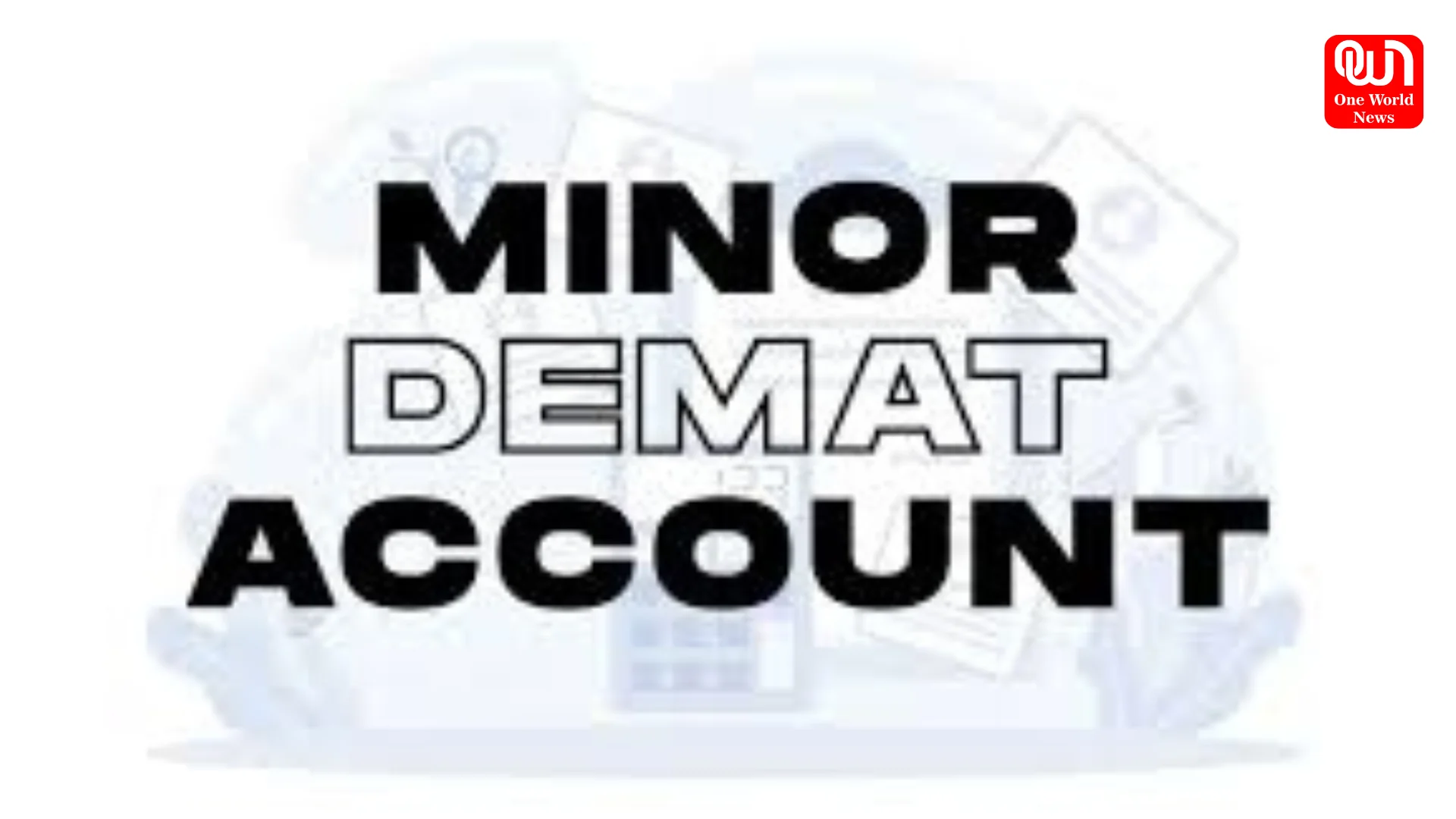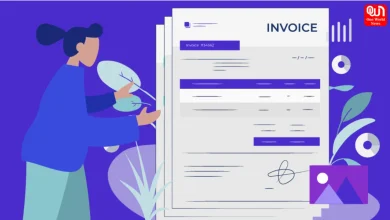5 Mistakes to Avoid While Creating Minor Demat Account
the minor demat account enters adulthood may result from a failure to comprehend these complex responsibilities.
“Avoiding Pitfalls in Minor Demat Accounts: A Guardian’s Guide to Compliance, Continuity, and Clarity”
When the guardian’s position in the demat account structure is properly understood, the cornerstone of a minor’s investment path is laid. A lot of guardians make the error of assuming unrestricted operational authority without understanding the fiduciary duties involved in overseeing a minor’s financial holdings. In contrast to typical adult accounts, the legislative framework sets distinct limits on transaction power and account control. Unintentional breaches of fiduciary duties and possible issues when the minor demat account enters adulthood may result from a failure to comprehend these complex responsibilities.
1. Documentation Discrepancies That Trigger Verification Issues
More careful attention to document validity is required for small demat account verification than is required for regular accounts. Submitting out-of-date proofs of address, birth certificate validations missing, or inadequate guardian identity documents are examples of common mistakes. These ostensibly little documentation errors can result in protracted verification delays or outright denials. Smooth account setup and ensuring operational stability depend on maintaining complete uniformity across all supplied papers with regard to name forms, address information, and relationship status.
2. Neglecting the Mandatory Conversion Timeline Planning
Many guardians open minor accounts without having a clear plan in place for when the minor will become an adult, which might cause interruptions to the continuation of investments. When an individual reaches the age of 18, the regulatory framework requires them to convert from minor to regular status, which involves particular documentation submissions and account reconfiguration processes. These accounts have the danger of temporarily freezing during the changeover time if sufficient planning isn’t done, which might force unfavorable liquidation amid market volatility. Smooth transitions are made possible by early understanding of conversion needs, which also prevents needless tax events and compromises investment objectives.
3. Misinterpreting Investment Restriction Parameters
The range of investments allowed in child demat accounts has certain restrictions that are very different from those in adult accounts, yet guardians still often don’t understand them. Certain high-risk instruments, such as derivatives, futures contracts, and margin-based products, are prohibited in minor accounts by regulatory frameworks. Unauthorized transaction attempts in restricted categories result in compliance infractions and possible account sanctions. Comprehensive comprehension of allowed investment categories helps guardians build acceptable long-term investment plans within regulatory bounds while avoiding unintended compliance difficulties through inappropriate transaction attempts.
Read More : What is the claim settlement ratio and why is it important?
4. Overlooking Tax Efficiency Considerations
The unique tax consequences that apply only to the investment income of minors are sometimes overlooked by guardian-managed accounts, which might lead to inefficiencies in the family’s overall tax planning. Under Indian tax laws, money earned through minor accounts is subject to specific tax treatment restrictions, especially with regard to clubbing measures that might return some income to the guardian’s tax assessment. Families may lose out on valid optimization possibilities or encounter unforeseen tax obligations if these rules are not properly structured and understood. Within these specialized accounts, plans for income distribution and investment selection should be guided by proactive tax planning.
5. Communication Gap Between Joint Guardians
Sometimes, without clearly defining communication guidelines between the authorized parties, families create minor accounts with joint guardian authorizations. When guardians have different investing ideas or execution time preferences, this arrangement may lead to operational uncertainty. Contradictory instructions might cause important investment choices to be delayed during market opportunities if approval hierarchies and transaction authority are not well understood. Consistent account management that is in line with the minor’s best financial interests is ensured by joint guardians creating written communication channels.
Conclusion
Minor demat accounts via the best stock broker are effective tools for fostering wealth growth and financial literacy when set up and maintained appropriately. Guardians may design investing plans that offer significant cash gains as well as significant educational opportunities by avoiding these typical mistakes. Though it necessitates careful application, the specific regulatory system that oversees these accounts offers distinct benefits that cannot be obtained through conventional investing strategies. Minor accounts can create significant financial foundations that benefit recipients far into adulthood if these factors are properly taken into account.
We’re now on WhatsApp. Click to join.
Like this post?
Register at One World News to never miss out on videos, celeb interviews, and best reads.








